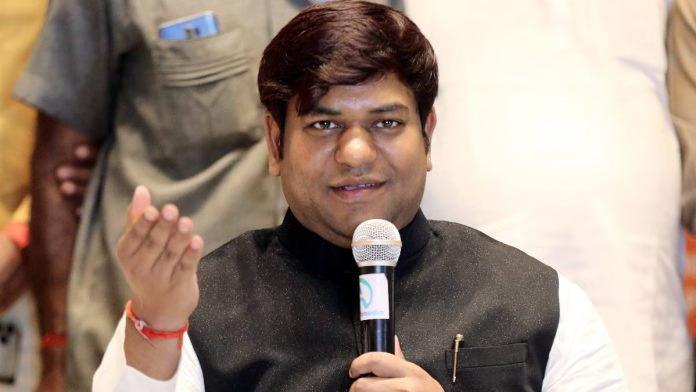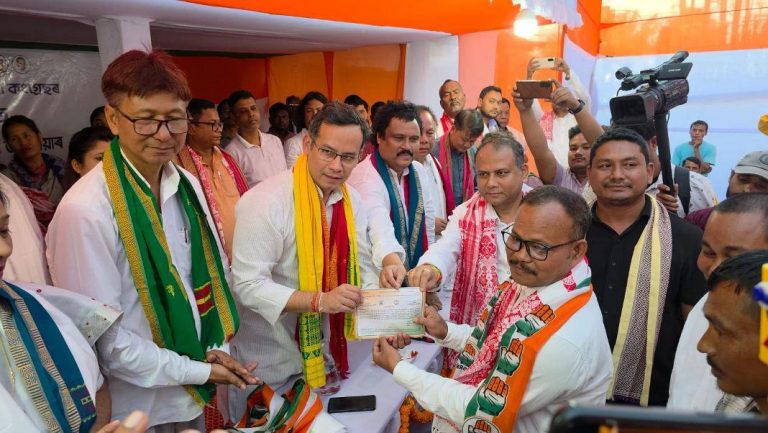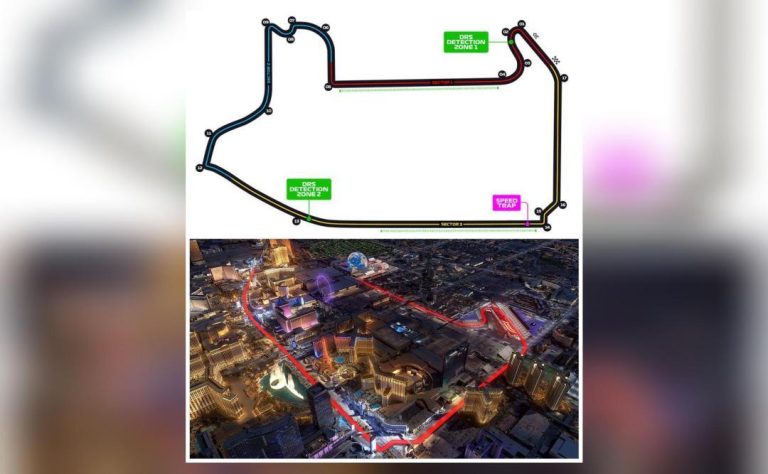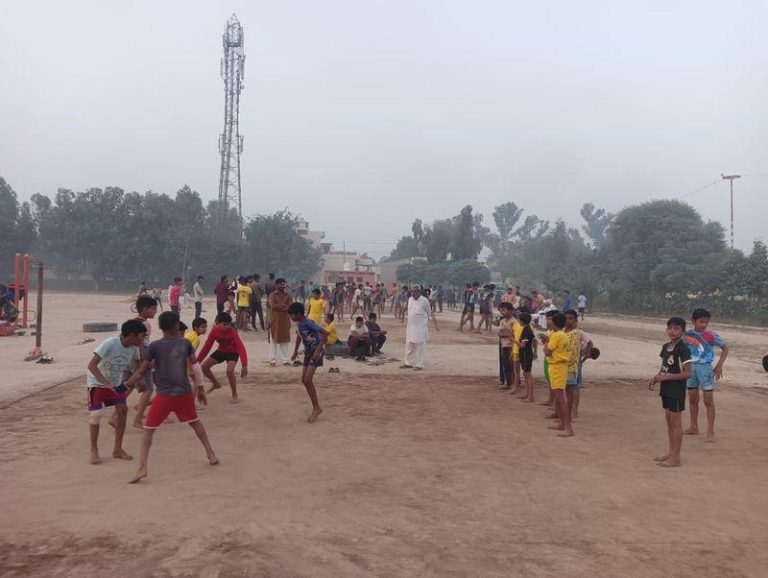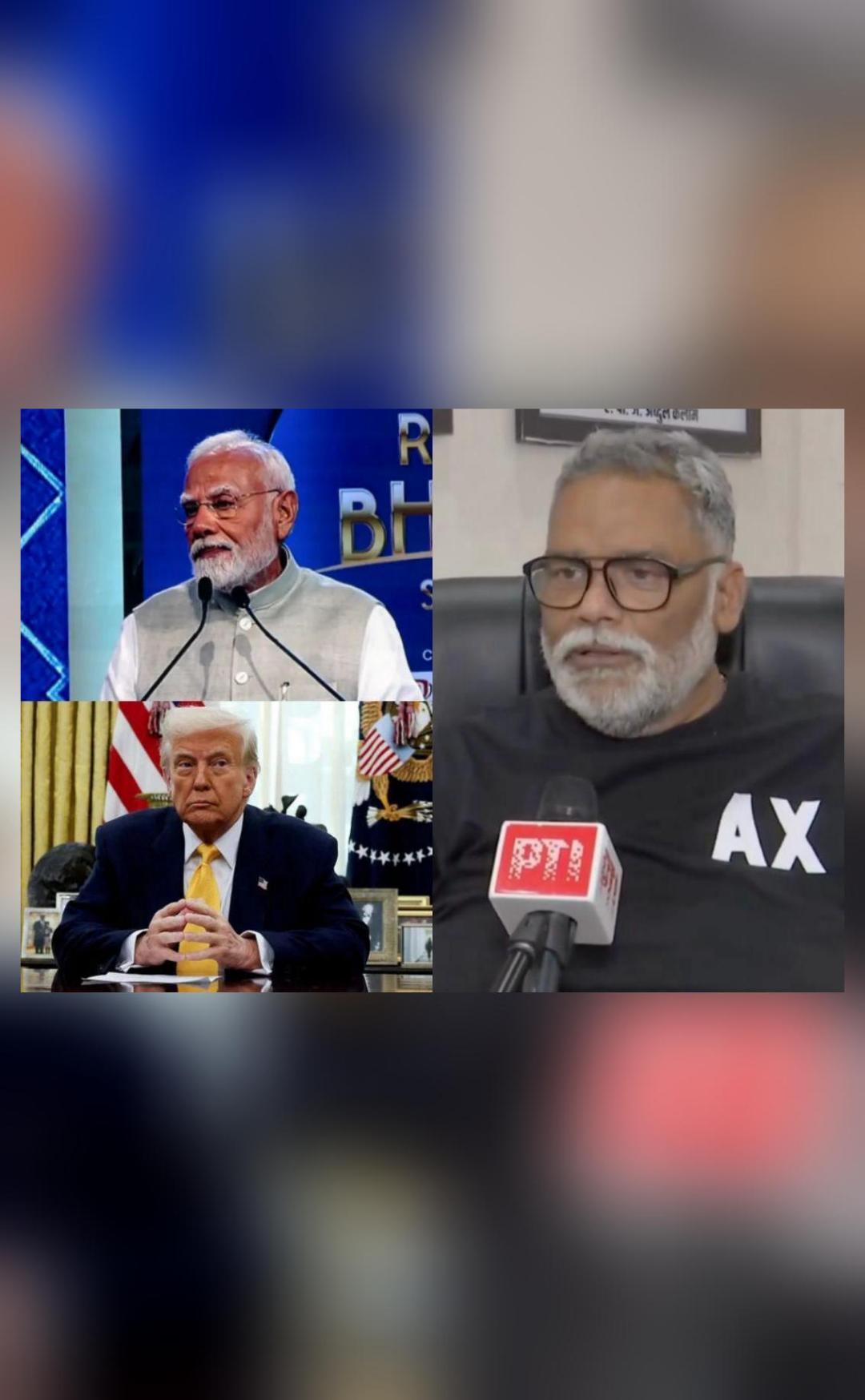
PM Modi Calls Trump His Friend & He Insults India: MP Pappu Yadav
In a recent turn of events, Purnia MP and Independent candidate, Pappu Yadav, has sparked controversy by questioning the Indian government’s stance on its relationship with US President Donald Trump. Yadav’s comments come after Trump claimed that he brokered a ceasefire between India and Pakistan, a statement that has been met with skepticism and criticism.
Trump’s latest statement has left many Indians feeling perturbed, with Yadav being one of the most vocal critics. In a scathing attack on the Indian government, Yadav said, “PM Narendra Modi himself calls Trump a friend [and] he is insulting India again and again.” He further added, “[Trump] is our enemy, and we are calling him friend. Why are we intimidated by the US and China?”
Yadav’s comments are not without merit. Trump’s track record on international diplomacy has been marked by controversy and inconsistency. His claims to have brokered a ceasefire between India and Pakistan are particularly questionable, given the long-standing tensions between the two nations.
Moreover, Trump’s statement has been met with skepticism by both Indian and Pakistani officials. Pakistan’s Prime Minister Imran Khan has denied that any ceasefire was reached, while Indian officials have remained tight-lipped on the matter.
Yadav’s criticism of the Indian government’s stance on Trump is also rooted in the country’s historical relationship with the US. India has long been a key ally of the US, and has received significant economic and military aid from the country. However, this relationship has also been marked by controversy, with many Indians feeling that the government has been too willing to accommodate US interests at the expense of India’s own national interests.
This is not the first time that Yadav has criticized the Indian government’s stance on Trump. In the past, he has been vocal about his opposition to the Indian government’s decision to invite Trump to be the chief guest at the Republic Day celebrations in 2018.
Yadav’s comments are also significant in the context of the ongoing tensions between India and Pakistan. The two nations have been engaged in a bitter standoff since the Pulwama attack in February 2019, which killed over 40 Indian security personnel. The standoff has seen heightened tensions, with both sides engaging in a series of military skirmishes along the Line of Control.
In this context, Yadav’s criticism of the Indian government’s stance on Trump is seen as a reflection of the country’s broader foreign policy approach. Many Indians have been critical of the government’s decision to engage with Pakistan, despite the country’s role in the Pulwama attack.
Yadav’s comments have also been seen as a reflection of the growing sense of nationalist sentiment in India. Many Indians have been critical of the government’s approach to foreign policy, which they see as too soft on Pakistan and too willing to accommodate US interests.
In conclusion, Pappu Yadav’s criticism of the Indian government’s stance on Trump is a reflection of the country’s complex and often contentious relationship with the US. While the Indian government may see its relationship with the US as a key component of its foreign policy, many Indians are critical of the government’s approach and see it as too willing to accommodate US interests at the expense of India’s own national interests.
As the standoff between India and Pakistan continues, it remains to be seen how the Indian government will respond to Yadav’s criticism. Will it take steps to re-evaluate its relationship with the US and Pakistan, or will it continue to maintain its current stance? Only time will tell.
